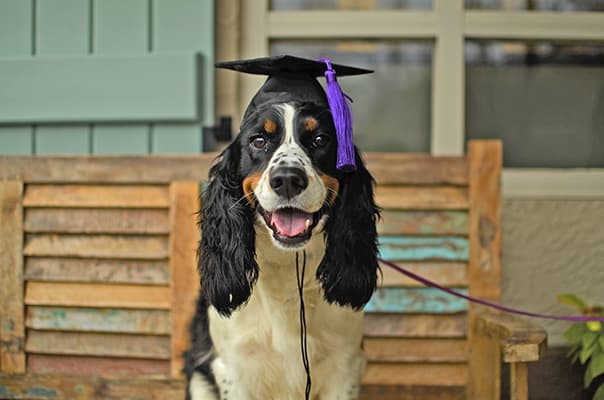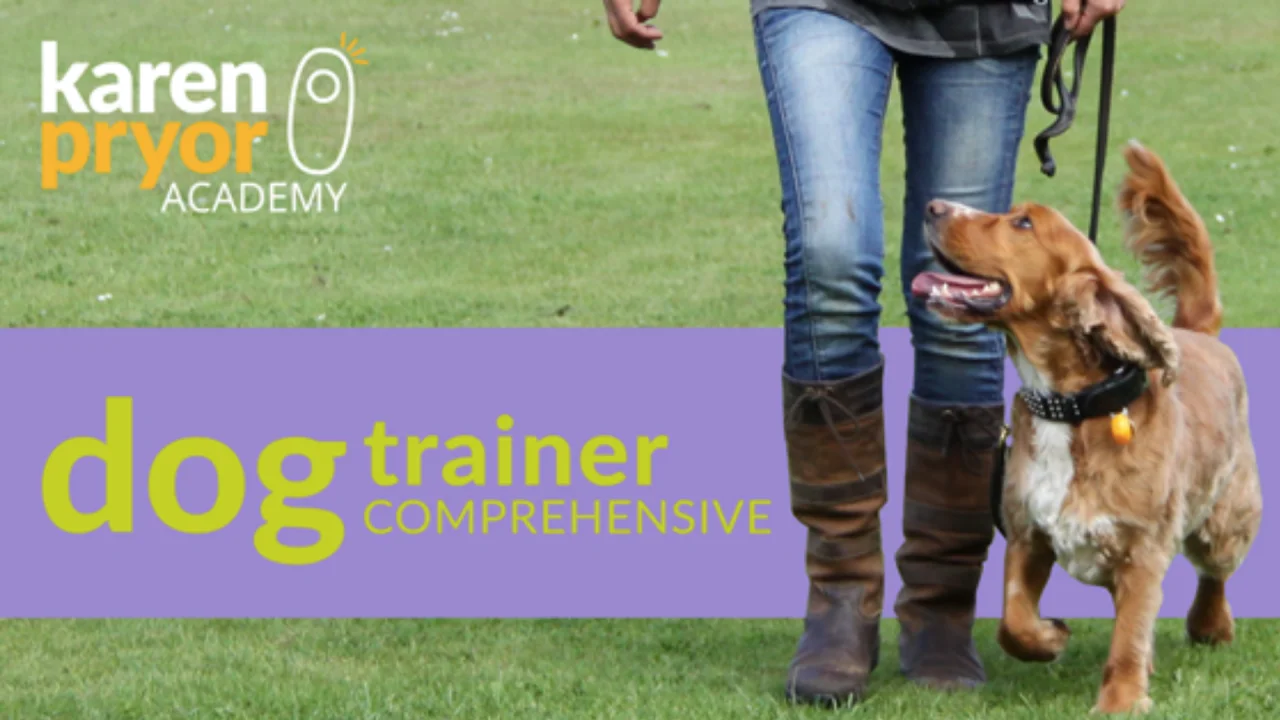Dog Training Charlotte NC: Your Course to a Well-Behaved Dog
Dog Training Charlotte NC: Your Course to a Well-Behaved Dog
Blog Article
Unlock Your Dog's Potential: Proven Pet Dog Training Techniques for Success
Efficient dog training is a nuanced procedure that hinges on recognizing canine habits and employing medically backed approaches. dog training charlotte. By incorporating favorable support, establishing clear commands, and prioritizing socialization, pet dog owners can grow a productive partnership with their family pets. Difficulties frequently arise that require tailored remedies and a patient approach. Checking out these verified methods reveals not only the potential for behavior improvement but also the deeper bond that can be developed in between proprietor and pet. What necessary strategies must be taken into consideration to really open your canine's potential?
Understanding Canine Habits
Comprehending canine habits is vital for effective training and promoting a favorable relationship between pets and their owners. A detailed grasp of canine body language, articulations, and social communications is crucial for acknowledging their feelings and demands. Canines communicate primarily with non-verbal cues; as an example, a wagging tail may show excitement, while pinned ears can signal fear or entry.

Additionally, environmental aspects play a considerable role fit a canine's actions. Modifications in routine, brand-new surroundings, or the visibility of unknown individuals can bring about tension or stress and anxiety in dogs. Recognizing these triggers enables proprietors to reduce negative reactions and develop suitable training techniques.
Ultimately, a deep understanding of pet behavior lays the structure for effective training techniques, improving both behavior and the overall bond between the canine and its proprietor. dog training charlotte nc. This knowledge is crucial for promoting a well-adjusted, happy canine buddy
Positive Support Techniques
Effective training counts greatly on favorable support techniques, which have been shown to yield substantial outcomes in shaping desired behaviors in canines. This method involves compensating a pet for displaying specific habits, thus raising the possibility that these behaviors will certainly be duplicated. Incentives can take various kinds, including treats, appreciation, toys, or playtime, depending on what inspires the private pet.

It is vital to slowly phase out incentives as the pet learns the habits, transitioning to periodic reinforcement. This approach preserves the behavior over time while avoiding dependence on continuous rewards. By focusing on favorable support, fitness instructors can grow a trusting partnership with their pet dogs, promoting a cooperative and healthy training environment that improves general obedience and performance.
Developing Constant Commands
A fundamental element of successful pet dog training is the establishment of consistent commands. Uniformity in commands is important for effective communication between the fitness instructor and the canine. When commands are uniform, pet dogs discover to connect details words with wanted habits, which speeds up the training procedure and improves understanding.
To establish consistent commands, it is crucial that all member of the family utilize the exact same terminology and gestures. If one person makes use of "rest" while an additional says "sit down," it can create complication for the pet dog. Select clear, distinct words for commands and make certain every person entailed in the pet's training follows these options.
Furthermore, repetition is key. Strengthen commands with regular practice, making sure that the dog gets enough chances to react properly. When a canine successfully complies with a command, immediate positive support ought to adhere to. This could be in the kind of deals with, appreciation, or playtime, solidifying the link in between the command and the activity.
Lastly, be individual. Establishing regular commands takes time and initiative. With dedication and quality, you will certainly aid your canine develop a strong understanding of expectations, ultimately causing a mannerly companion.
Socialization and Direct Exposure
Socializing a pet dog is vital for cultivating a well-adjusted and confident friend. This procedure includes revealing your dog to a range of environments, people, and various other pets to develop their social skills and flexibility. Early socialization, ideally in between the ages of 3 to fourteen weeks, is important, as it prepares for a canine's future habits.
Throughout socialization, aim to offer favorable experiences in various settings, such as parks, active streets, and homes with other pets. Introduce your pet dog to numerous stimulations, consisting of sounds, sights, and smells, ensuring that each encounter is satisfying. This direct exposure aids reduce fear and anxiety, leading the way for a more resilient dog.
Involving in regulated group play sessions with various other dogs can additionally enhance social skills, teaching your animal suitable interactions and borders. Constantly check your pet dog's comfort level during these experiences, progressively raising direct exposure as their confidence grows. Bear in mind, the objective is to create an all-around pet that grows in diverse Visit This Link scenarios, promoting an unified partnership with both humans and various other animals. Prioritizing socializing will substantially add to your pet's overall joy and actions throughout their life.
Conquering Common Training Difficulties

Dogs might struggle to concentrate in unfamiliar or hectic setups. Gradually desensitize your pet dog to disturbances by beginning training in a silent setting and gradually presenting even more stimulations as they end up being skillful.
Furthermore, behavior problems like leaping or too much barking can come to be frustrating. Address these by showing alternate habits, such as resting steadly when welcoming guests. Uniformity and persistence are essential; strengthen preferred actions continually and prevent abuse, which can lead to confusion.
Last but not least, recognize that each pet dog is unique, and training timelines may vary. Dressmaker your approach to your canine's individual needs, and look for expert assistance if required. With determination and the appropriate methods, getting rid of these obstacles can lead to a trained, pleased canine buddy.
Final Thought
Finally, unlocking a canine's prospective requires a detailed technique that incorporates an understanding of canine behavior, the application of see this positive reinforcement techniques, and the facility of consistent commands. Early socialization and exposure to varied atmospheres better boost a pet dog's adaptability and confidence. By addressing usual training obstacles with customized strategies and perseverance, a cooperative and harmonious partnership between canine and trainer can be cultivated, eventually causing a mannerly buddy qualified of flourishing in different situations.
Effective pet training is a nuanced process that pivots on understanding canine behavior and using clinically backed approaches.Understanding dog habits is crucial for effective training and fostering a favorable partnership in between dogs and their owners.Reliable training counts heavily on favorable support strategies, which have been revealed to generate considerable outcomes in forming preferred behaviors in canines. When commands are uniform, canines learn to link details words with preferred habits, which accelerates the training procedure and improves understanding.
In verdict, unlocking a pet's possible demands a detailed method that integrates an understanding of canine actions, the application of positive support techniques, and the facility of constant commands.
Report this page